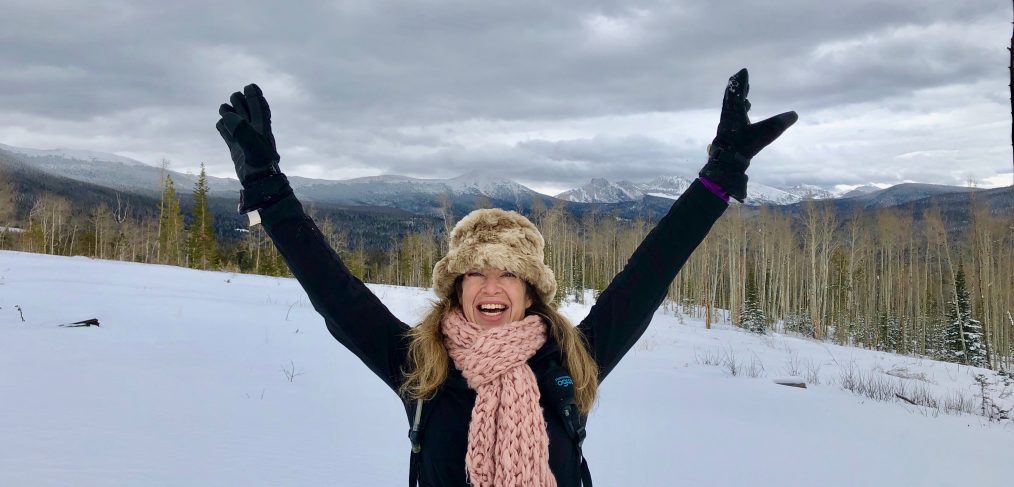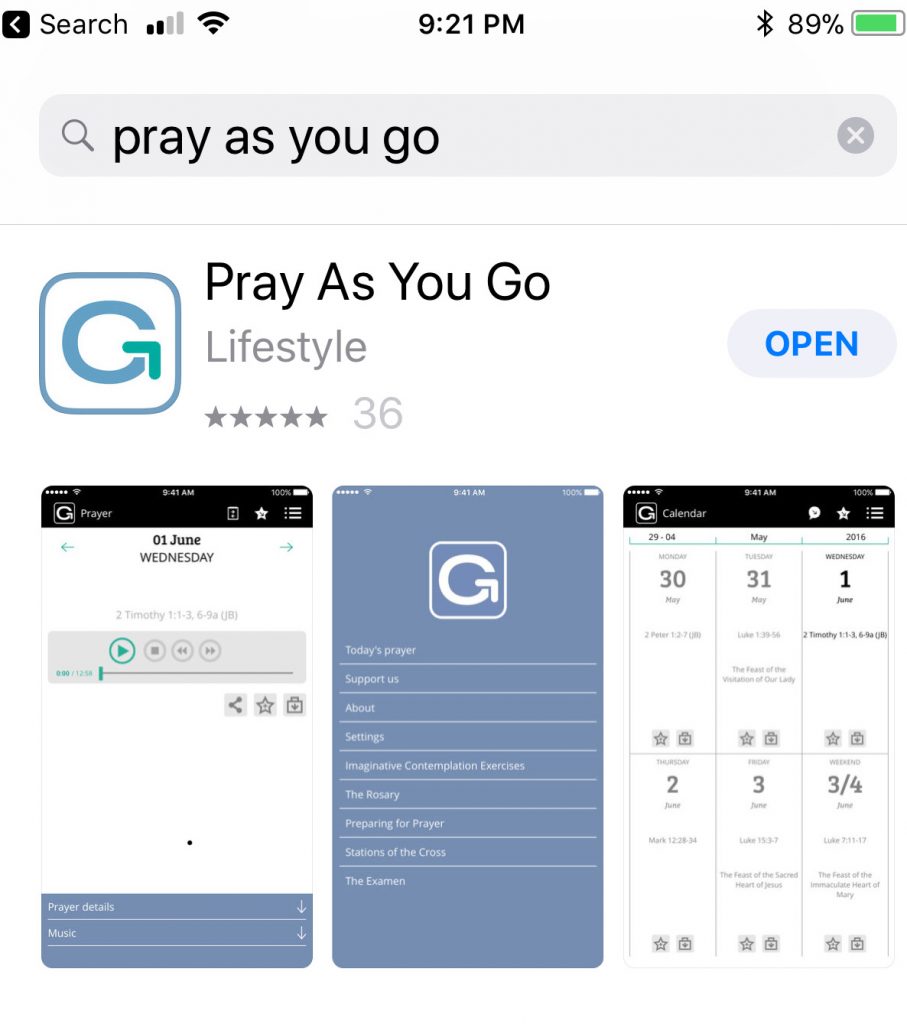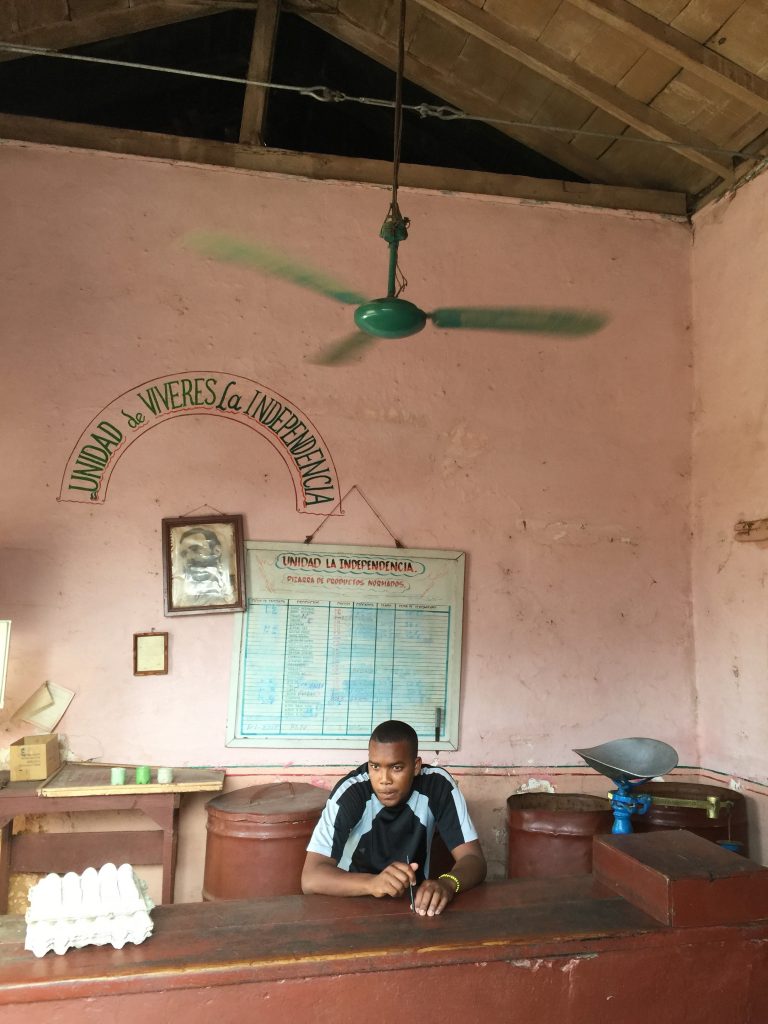Is there something you still desire?
No matter how many times you put it on your New Year’s Resolutions list, you set it as a goal or even whisper it as a prayer another year goes by and you’re reminded you don’t have enough control in the world to make it happen.
Desire > control = can suck.
I ask you if you have a long-running longing not to depress you but rather to encourage you. Embedded in desire is hope. But it can leave us with this question: how do we take action when we’re waiting on things not fully in our control?
During the past couple of years I have found myself living in the epicenter of that question. I’d like to share a snatch of my story and invite you to reflect on yours, and then together explore the story of Mary as we come to the close of our Advent/Epiphany series.
So, here’s a snapshot of my story: three years ago my little world in Colorado got utterly upturned when the company I worked for had sudden layoffs. I had moved out to Fort Collins only a couple of years prior, yet my roots had gone down swift and deep. I had discovered a land that taught my heart to rest, and a people who showed me home. But with the type of work I do I couldn’t find a way to stay.
As I waited to find a new job and still dreamt of a family of my own (husband and mothering in some form), I took a bold action–one bolder than I even knew at the time. I shoved all my belongings into a storage unit and set out to bear witness to stories of others who too were taking action even in the midst of limited control (i.e., Syrian and Iraqi refugees as well as Cuban entrepreneurs).
Before I share more, I’m curious if there’s been a time in your life when you did something that felt bold, perhaps even surprising? Maybe you took a new job that would stretch you, went on a trip that would expand you, embraced a relationship that would grow you, or started a creative project that would expose and extend you. How was that?
Why did you act? Why did you risk it?
One of the things I love most about Scripture is that it’s riddled with people taking bold (and sometimes awkward) action. Jesus’ earliest days on earth are chocked full of encounters with people moving through the mysterious with courageous action.
During this Advent and Epiphany season we’ve looked at Elizabeth, Simeon and Anna doing this. Now, to Mary’s story.
Mary, a teenager living in Palestine, gets accosted by the angel Gabriel and told she will be the mother of the Messiah…while she’s still a virgin. So wild, right?
Two things strike me about Mary’s response to this surprising plotline God had up His sleeve.
- When invited into an epic adventure, Mary says, “I’m in.”
She responds to the angel Gabriel’s audacious announcement this way:
Mary (deciding in her heart): “Here I am, the Lord’s humble servant. As you have said, let it be done to me.” Luke 1:38
- Mary responds from an intimate understanding of God’s good character and her own people’s plight.
Who knows the thousand conversations Mary had with friends and family and her fiancé Joseph after the Spirit impregnates her (did I mention…so wild, right?).
What we are privy to is an encounter with her cousin Elizabeth. When Elizabeth says, “You are blessed of all of women and the child you have will be blessed” Mary responds with a poetic song.
It’s reminiscent of Hannah’s poetic response centuries before[1]. Mary had been immersed in the Scripture and had embodied the waiting of her people. The poetic prayer, likely is in the form of a song (The Magnificat), has spiritual, social and political imagery. Mary celebrates God for being a mighty Liberator, flipping the script of those who had been waiting long with little control. God was ushering in the Great Reversals: the humble would be elevated; the poor would be made rich; those waiting would finally receive extravagantly.
Here’s Mary’s song:
Mary: My soul lifts up the Lord!
My spirit celebrates God, my Liberator!
For though I’m God’s humble servant,
God has noticed me.
Now and forever,
I will be considered blessed by all generations.
For the Mighty One has done great things for me;
holy is God’s name!
From generation to generation,
God’s loving kindness endures
for those who revere Him.
God’s arm has accomplished mighty deeds.
The proud in mind and heart,
God has sent away in disarray.
The rulers from their high positions of power,
God has brought down low.
And those who were humble and lowly,
God has elevated with dignity.The hungry—God has filled with fine food.
The rich—God has dismissed with nothing in their hands.To Israel, God’s servant,
God has given help,
As promised to our ancestors,
remembering Abraham and his descendants in mercy forever. Luke 1:47-55
Mary had a sense of how God acted because she had an intimate understanding of who God was. And she was willing to embrace whatever adventure He invited her into.
In those early days of Jesus’ birth Mary encountered shepherds, wise men, Simon, Anna and a heavenly host of angels all rejoicing in the coming of the Messiah, the birth of Jesus, her son.
She treasured this in her heart.
Then…years passed, decades accumulated. Three decades of her treasuring the words of promise, the hope of the Great Reversal…and nothing.
Mary did all the messy work of mothering this Messiah as she waited and waited. She had seen Jesus image God’s character and love, but then came a time she wanted to see action.
The moment comes when Mary has had enough. She’s at a wedding with her Messiah son and tragedy strikes. The wine runs out. It may seem like just a party foul, but in her day weddings were one of the most important events of a lifetime. Families’ reputations were tied to the success or failure of ones…for generations.
Here’s what plays out (told by John in chapter two of his Gospel).
“Mary: “The host stands on the brink of embarrassment; there are many guests, and there is no more wine.”
Jesus: “Dear woman, is it our problem they miscalculated when buying wine and inviting guests? My time has not arrived.”
But she turned to the servants.
Mary: “Do whatever my son tells you.” John 2:3-5
This is such an earthy interaction. Mary totally seems like the pushy Middle Eastern
mom. And Jesus seems like the reluctant and slightly apathetic son. You could easily read snippiness all into it.
But Mary knows Jesus’ character…and capacity. She knows her son is the mighty Liberator, the God of the Great Reversals. And Jesus acts. He not only responds, he acts extravagantly. He apparently turns over 100 gallons of water into the most exquisite wine. It’s beyond extravagant!
According to John’s Gospel, this is Jesus’ first miracle. This is the first time we see the Divine act like only the Divine can. And it comes after mother Mary implores Him to do so.
MOVING THROUGH THE MYSTERY WITH COURAGEOUS ACTION
I’m still mystified by the paradox of God’s Sovereignty and our agency. But what I take from Mary’s story is that when we get acquainted with God’s character we are better poised to respond to the adventures He invites us into and to initiate action…even in our waiting.
I’m learning that more and more.
This past week I was out in Colorado again. I visited dear friends, stayed in a yurt and did some epic snowshoeing. I felt so alive, so at home. While there I also stopped by my storage unit. Yes, my belongings are still there.
I’ve yet to establish a home again. However, I’ve had the opportunity to tell stories of refugees, direct a documentary series in Cuba, travel to over twenty countries, co-found a media company and as I’ve waited for a family of my own, I’ve been collected up into families across the States. My sense of family has expanded like never before. And even more so, I have gotten more acquainted with God’s character, more at home in Him, as I wait for things beyond my control.
Now to your story: remember that bold action you did sometime in your life? How did it stretch you? What did you discover about yourself? Did you discover something about God’s character? What was it?
This year I encourage you to do two things: 1) invest time getting better acquainted with the character of God, and 2) take bold action, even in the limitations of control.
Spiritual Practices
- Commit to listening/contemplating. How do you get to know God’s character as good and powerful?
It’s evident that Mary knew Scripture and it says she treasured the words of God’s people in her heart.
For me reading Scripture, journaling, being out in nature, conversing and praying with trusted friends, reading thoughtful books and listening to soulful music are vital ways to connect.
One of my favorite apps during this extended season of transition has been Pray As You Go. I highly recommend it. – https://www.pray-as-you-go.org
Go to Today’s Prayer for the 12 or so minutes of music, hear fabulous Jesuit Brits read you Scripture and ask contemplative questions. Such a gift!
I can’t resist mentioning, this summer I encountered fear of failure in such a potent way. I felt like it was going to take me down. I recently read through my journal from that time and saw how God was holding me through Scripture and His loving presence, even when everything in me felt like I was sinking. When we posture ourselves to listen to God, we may not always recognize God’s voice of love in the moment. But over time it becomes a part of our very being.
- Do whatever. As we grow more connected with God we often feel more liberated to act.
What actions do you hope to pursue this year?
Instead of New Year’s Resolutions, I name my years. I’ve decided 2018 is my Year of Abundance. There are three things I am asking/acting upon 1) To grow in my craft as a storyteller as well as leader of young storytellers. 2) To enter into a vibrant romantic relationship 3) To write.
I realize taking action on these three has the potential of exacting and awkward moments. But I can’t help but believe—like Mary—I’ve been invited into an epic adventure. And so have you.
Godspeed as you listen and act in 2018.
“May all that is unlived in you
Blossom into a future
Graced with love.” John O’Donohue
[1] 1 Samuel 2:1-10






